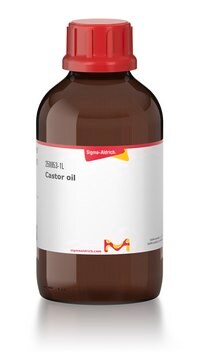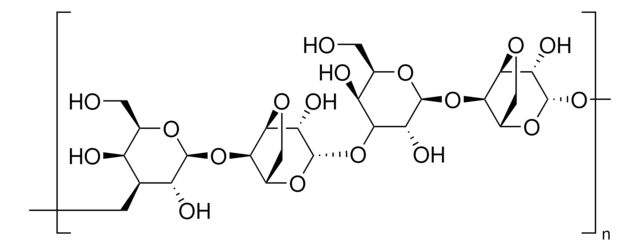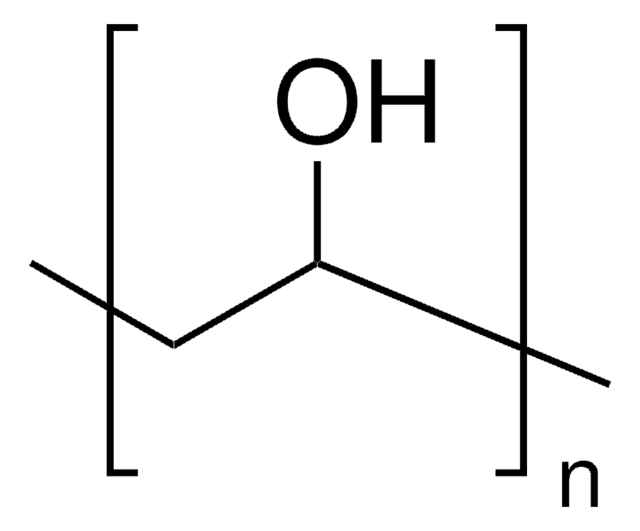S8281
Safflower seed oil from Carthamus tinctorius seed
Sign Into View Organizational & Contract Pricing
All Photos(1)
About This Item
Recommended Products
biological source
plant seeds (Carthamus tinctorius)
Quality Level
form
liquid
refractive index
n20/D 1.476 (lit.)
density
0.921 g/mL at 25 °C (lit.)
functional group
carboxylic acid
oleic acid
lipid type
oils
shipped in
ambient
storage temp.
room temp
Looking for similar products? Visit Product Comparison Guide
Application
<ul>
<li><strong>Anti-osteoporosis effects of mammalian lignans and their precursors from flaxseed and safflower seed using zebrafish model:</strong> The study investigates the potential health benefits of safflower seed oil in preventing osteoporosis, highlighting its utility as a dietary supplement (Yang et al., 2023).</li>
</ul>
<li><strong>Anti-osteoporosis effects of mammalian lignans and their precursors from flaxseed and safflower seed using zebrafish model:</strong> The study investigates the potential health benefits of safflower seed oil in preventing osteoporosis, highlighting its utility as a dietary supplement (Yang et al., 2023).</li>
</ul>
Physical form
Raw oil without preservative
Storage Class Code
10 - Combustible liquids
WGK
awg
Flash Point(F)
Not applicable
Flash Point(C)
Not applicable
Personal Protective Equipment
dust mask type N95 (US), Eyeshields, Gloves
Certificates of Analysis (COA)
Search for Certificates of Analysis (COA) by entering the products Lot/Batch Number. Lot and Batch Numbers can be found on a product’s label following the words ‘Lot’ or ‘Batch’.
Already Own This Product?
Find documentation for the products that you have recently purchased in the Document Library.
Customers Also Viewed
Young Taek Oh et al.
Physiology & behavior, 167, 194-201 (2016-10-25)
Previous rodent studies showed that when injected into the brain, free fatty acids (FFAs) reduced food intake in an oleate-specific manner. The present study was performed to test whether food intake is regulated by circulating FFAs in an oleate-specific manner.
Takeshi Arai et al.
The Journal of nutritional biochemistry, 24(1), 267-273 (2012-08-21)
We investigated the effects of dietary fat energy restriction and fish oil intake on glucose and lipid metabolism in female KK mice with high-fat (HF) diet-induced obesity. Mice were fed a lard/safflower oil (LSO50) diet consisting of 50 energy% (en%)
Christopher M Mulligan et al.
Cardiovascular research, 94(3), 460-468 (2012-03-14)
Cardiolipin (CL) is a tetra-acyl phospholipid that provides structural and functional support to several proteins in the inner mitochondrial membrane. The majority of CL in the healthy mammalian heart contains four linoleic acid acyl chains (L(4)CL). A selective loss of
R A Gibson et al.
Prostaglandins, leukotrienes, and essential fatty acids, 88(1), 139-146 (2012-04-21)
The conversion of the plant-derived omega-3 (n-3) α-linolenic acid (ALA, 18:3n-3) to the long-chain eicosapentaenoic acid (EPA, 20:5n-3) and docosahexaenoic acid (DHA, 22:6n-3) can be increased by ALA sufficient diets compared to ALA deficient diets. Diets containing ALA above an
K G Lamping et al.
Diabetes, obesity & metabolism, 15(2), 144-152 (2012-09-07)
The ability of dietary enrichment with monounsaturated fatty acid (MUFA), n-3 or n-6 polyunsaturated fatty acids (PUFAs) to reverse glucose intolerance and vascular dysfunction resulting from excessive dietary saturated fatty acids is not resolved. We hypothesized that partial replacement of
Our team of scientists has experience in all areas of research including Life Science, Material Science, Chemical Synthesis, Chromatography, Analytical and many others.
Contact Technical Service








